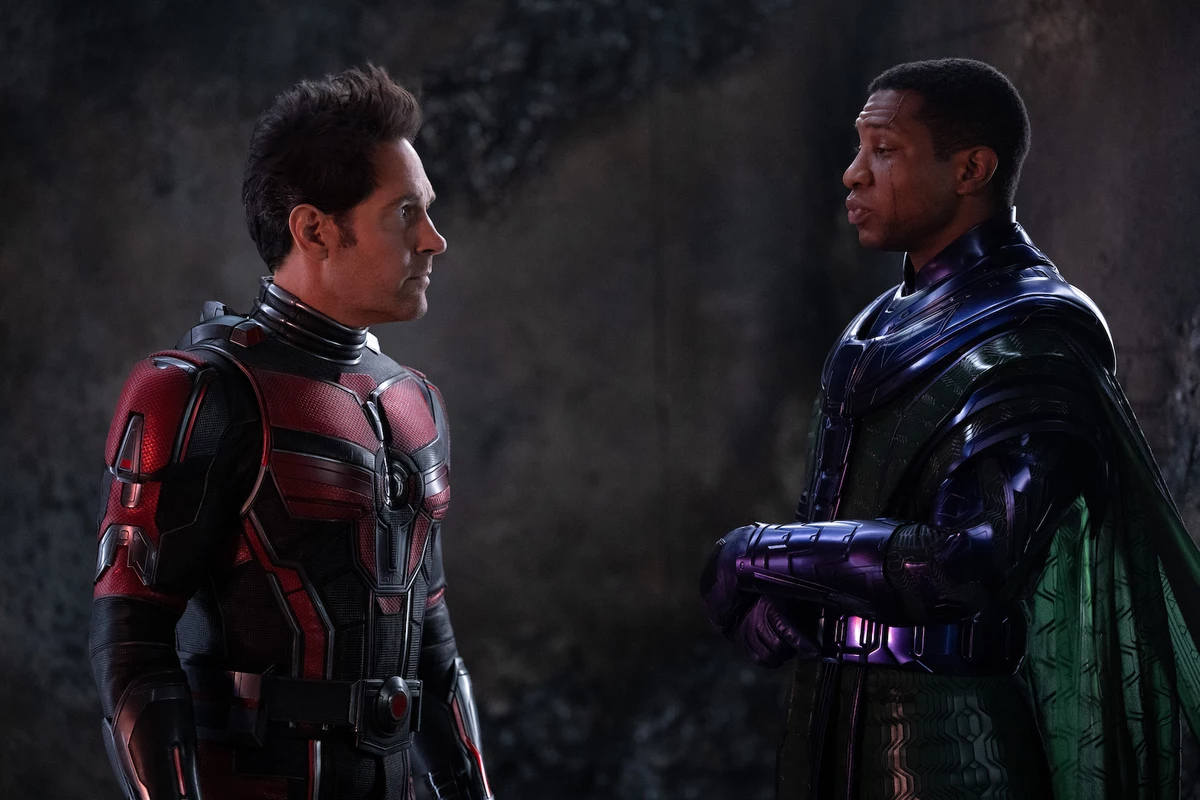Hollywood has never really accepted that you can’t recapture lightning in a bottle. No matter how context-specific a blockbuster’s success was, you can always count on an executive to insist on making a follow-up even if that doesn’t make sense for the story. That being said, sequels aren’t always doomed to failure, and one of the most famous examples of this is James Cameron’s Terminator 2, a film that refused to do the same thing twice and became just as iconic as the original.
Naturally, Hollywood learned all of the wrong lessons from the success of T2, as most of its sequels would be repetitive cash-grabs simply reiterating on the same tired ideas of fate, time travel and robot assassins. The only real exception to this curse would be 2009’s controversial Terminator Salvation, a post-apocalyptic thriller that genuinely expands on the world of its source material despite having been commissioned as yet another generic franchise project.
After the middling reception of 2003’s Terminator 3: Rise of the Machines, the Terminator franchise fell into legal limbo as the IP rights passed from company to company. After years of negotiations, the inevitable fourth instalment would end up being independently financed and distributed by Warner and Sony, but only after a complete narrative overhaul disconnecting it from Rise of the Machines.
With the producers assuring him that the new film wouldn’t be yet another time-travel flick, infamous director McG signed onto the film as an attempt to vary his filmography. Boasting a surprisingly dark premise that finally delved into the horrific war between humans and Skynet, Terminator Salvation ended up attracting quite a few big names (and an absurd $200 million budget) before production finally began in 2008.
Unfortunately, shooting was plagued by difficulties, and I’m not just referring to Christian Bale’s on-set meltdown where he yelled at a cinematographer for nearly 4 minutes. From constant rewrites (with Alan Dean Foster even being forced to rewrite his novelization of the movie due to how different it ended up being to the end product) to squabbling between the cast and crew, it seemed like fate itself was opposed to the idea of another sequel.
Nevertheless, in the completed film we follow Sam Worthington as Marcus Wright, a death row inmate who wakes up in a ruined world dominated by murderous machines and discovers that he’s now a cybernetic hybrid. Meanwhile, human resistance leader John Connor (Christian Bale) embarks on a mission to destroy Skynet’s base of operations before they can assassinate key figures to the resistance – including his future time-travelling father, Kyle Reese (Anton Yelchin).
SO WHY IS IT WORTH WATCHING?
Terminator Salvation wasn’t exactly a failure, raking in nearly double its budget at the box office, but it wasn’t the hit that the producers had intended. Not only was the critical reception middling, with media outlets accusing the film of being a disjointed mess, but even the original power trio of Cameron, Schwarzenegger and Hamilton dismissed the flick as a soulless cash-grab after release.
However, despite its reputation as a generic 2000s blockbuster, the years have ultimately been kind to Salvation. After even more formulaic sequels like Genisys and Dark Fate, folks have started to look back on McG’s film as an underrated high point of the franchise that dared to tread new and refreshingly mean-spirited ground even if it couldn’t quite deliver on its lofty ambitions.
After all, there’s no denying that the flick features quite a bit of atmosphere, with this oppressive world being brought to life by detailed sets and stylish cinematography that would be sorely absent from future instalments. McG even went so far as to insist that the entire cast and crew read bleak sci-fi stories like The Road and Blade Runner in order to prepare them for a darker take on the future, and though they were held back by a PG-13 rating (despite the director later claiming that the film was never meant to be gory), the action sequences here are still legitimately thrilling – especially when they involve practical robot effects.
The high-profile cast is also a delight, with Christian Bale giving Connor some much-needed pathos and Yelchin stealing the show as a younger and more charismatic Kyle Reese. And while Sam Worthington was only really cast because James Cameron convinced McG that he was the next Tom Cruise, he ended up delivering one of his best performances as a man struggling with his own monstrous identity.
The movie may have its flaws, but I still think it’s a huge shame that the planned trilogy of post-apocalyptic Terminator flicks never panned out. I would have loved to see this world expanded on, especially if they had gone with the original leaked ending which saw Marcus take a deceased John Connor’s place by wearing the dead man’s skin over his metallic endoskeleton in order to keep the resistance motivated.
AND WHAT MAKES IT HORROR ADJACENT?
After decades of action films, it’s easy to forget that The Terminator was originally meant to be a terrifying movie monster inspired by a nightmare of a skeleton walking through flames. And while I think the first film is the only that really captured this idea, Salvation comes in at a close second with its grimier depiction of Skynet’s robotics.
This was actually the final project of special effects maestro Stan Winston, who partnered up with frequent James Cameron collaborator Martin Laing to design grittier and more degraded takes on our metallic antagonists. This led to an almost diesel-punk-inspired aesthetic which really hammered home the fact that this was technically a prequel despite being set in the future.
Having our protagonist be a Terminator hybrid also adds a bit of body-horror to the mix, especially if you consider the gruesome original ending. In fact, in recent interviews, McG has claimed that his original intention was for Marcus to be taken over by Skynet after replacing Connor and infiltrating the resistance, which would have been one of the most horrific finales in Terminator history.
At the end of the day, Terminator Salvation clearly isn’t the film that McG and company had originally set out to make, but once you consider the long road from pre-production to release (with the script even having survived a writer’s strike), this is a much more entertaining film than it has any right to be. While there’s likely an alternate timeline where Salvation became as big of a hit as T2, I still think that the movie we got is the last truly enjoyable Terminator and worth revisiting even if you didn’t like it the first time around.
There’s no understating the importance of a balanced media diet, and since bloody and disgusting entertainment isn’t exclusive to the horror genre, we’ve come up with Horror Adjacent – a recurring column where we recommend non-horror movies that horror fans might enjoy.


























































![Mason Ramsey – Twang [Official Music Video] Mason Ramsey – Twang [Official Music Video]](https://i.ytimg.com/vi/xwe8F_AhLY0/maxresdefault.jpg)























